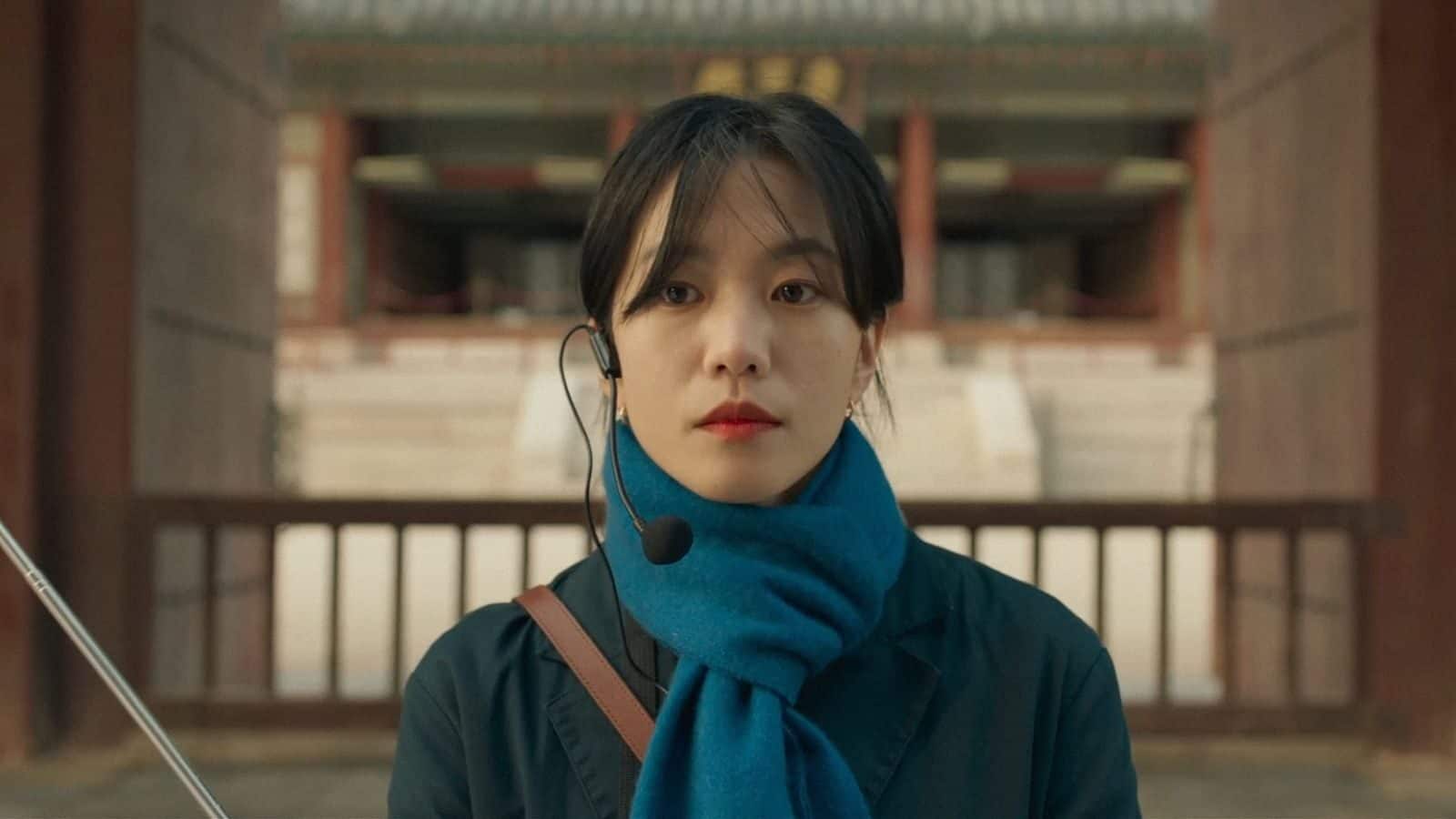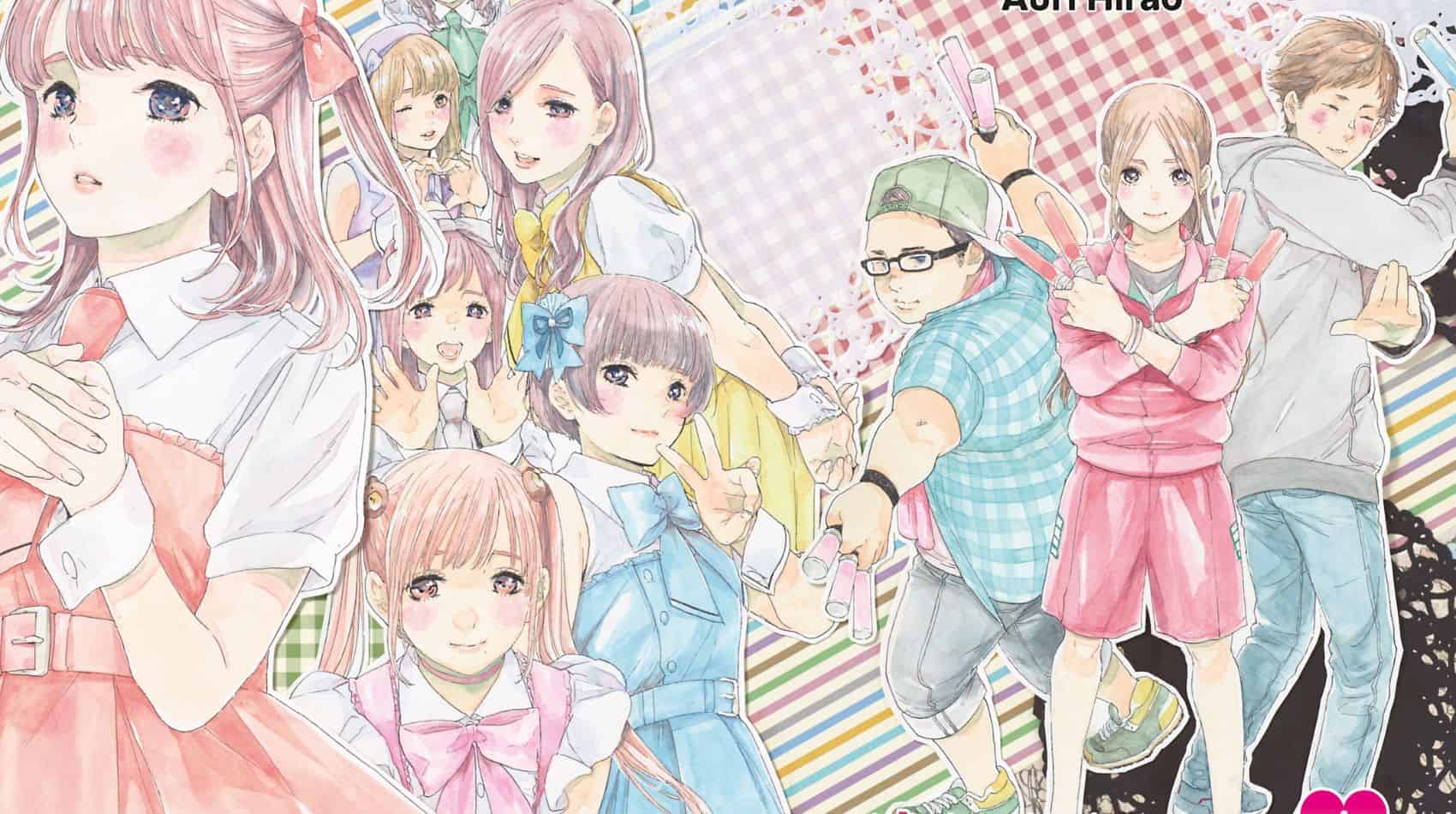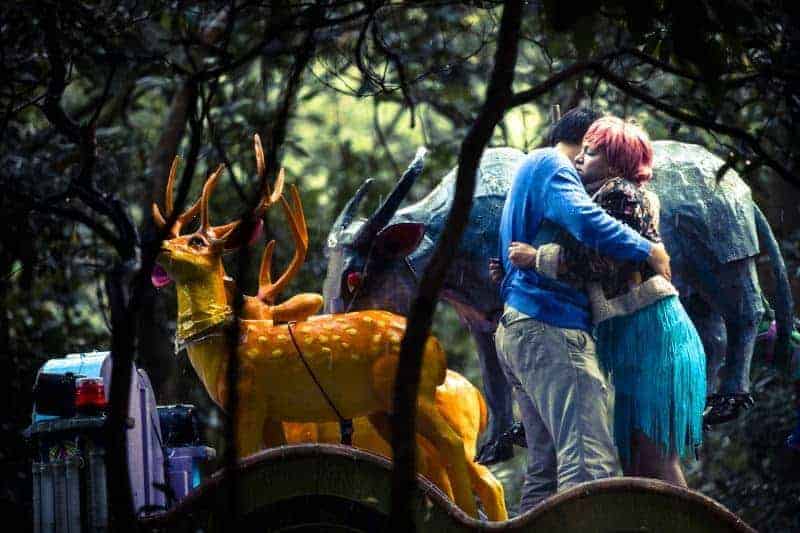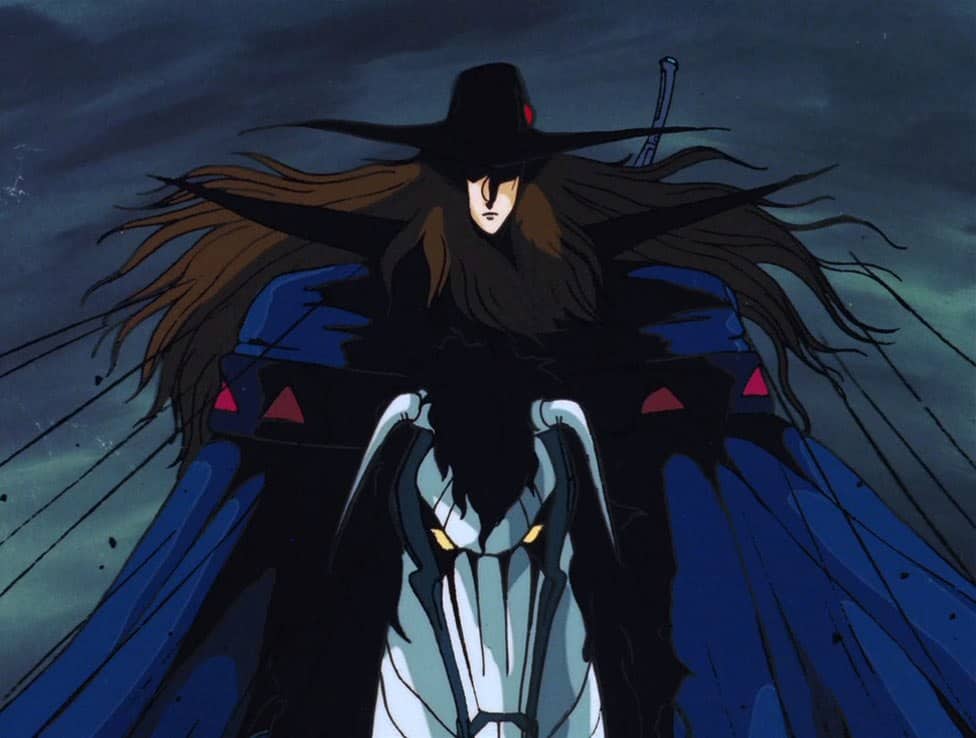Since he was young, Oh Dong-gu (Ryu Deok-hwan) wished to become a woman, trying on his mother's clothes and lipstick, aspiring to resemble his idol, Madonna. Now a high schooler, he lives with his alcoholic father (Kim Yoon-seok) and does odd jobs such as carrying sacks of salt at the Incheon port to collect money for a gender reassignment surgery, so he can confess to his Japanese language teacher (Tsuyoshi Kusanagi). Inspired by his best friend, he joins the school's sirreum team for an upcoming tournament. Realizing his talent for traditional wrestling, he hopes to win the top prize and realize his dream.
“Like a Virgin” is screening at Hong Kong Arts Centre

Lee Hae-jun and Lee Hae-young tackle very serious topics such as parental abuse and homophobia in very funny and visually inventive ways. That is not to say that they make light of any of them. On the contrary, they show them in a raw and, at times, bloody and disgusting way, managing to emasculate them, show the idiocy and futility of these actions.
That is because all heterosexual men in this movie are stupid, petty, and to a large extent, evil. Dong-gu's father is a pathetic man who can't come in terms with the loss of his glory as a student boxer. So he drinks and abuses his family. He even beats his own boss, later having to kowtow to him. In a word, a complete loser. Dong-gu's Japanese language teacher, on whom the young sirreum wrestler has a crush, is detestable too. Though he acts all cool and suave, he runs away and hurls abuses towards his student once Dong-gu confesses his love towards him. It is as if all men are ashamed to come in terms with their precarious position in the modern world or with the complexity of human nature.

Diametrically opposite to them is Dong-gu's mother (Lee Sang-ah), who, in a pretty selfish way, has decided to abandon her family, through this choosing to break away with the patriarchal, conservative expectations of Korean society. Instead of having a family, she lives alone, working as a fairy in a theme park. In a way, it is as if the only way for her to be able to be truly happy in this conservative world of pathetic men is by living in a dream-like fantasy world. Incidentally, it is precisely her and Dong-gu's sole friend who understand and accept the character. What connects them is the fact that just like his mother, his friend also does not fit the rigid rules of society. Instead of choosing a single interest or future, he is wandering between interests and possible futures. One scene he is rapper, another, Samulnori drummer, and third – a ssireum wrestler. It is precisely through this wandering between past and future, tradition and modernity, that Dong-gu finds his talent.
The choice of traditional wrestling as a topic of the movie is not only for comedic relief; there is a large potential in it, most of it used by the director. The sport, whose biggest aspect is not strength, but balance, shows both Dong-gu's sure-footedness in his identity, quite to the contrary to most other characters, especially his father, but also the easily shocked teacher. As such, ssireum can be seen as also a metaphor for the country and its lack of balance and identity.
A movie about a pudgy high school wrestler who wants to collect money for gender reassignment surgery has the potential of presenting its central character in a caricature way or playing his gender identity for laughs. Luckily, because of Ryu Deok-hwan's nuanced depiction of Dong-gu, the exact opposite happnes. Yes, there are times when the young boy looks a bit caricature-like, mostly in the exaggerated femininity of his mannerisms, but it never feels disrespectful of the character and his struggles.
By the end of the film, Dong-gu has found his footing and stood his ground against all abusers and his wresting competition. And we, the viewers, can't but feel happy for his emotional and later, physical, transformation.















